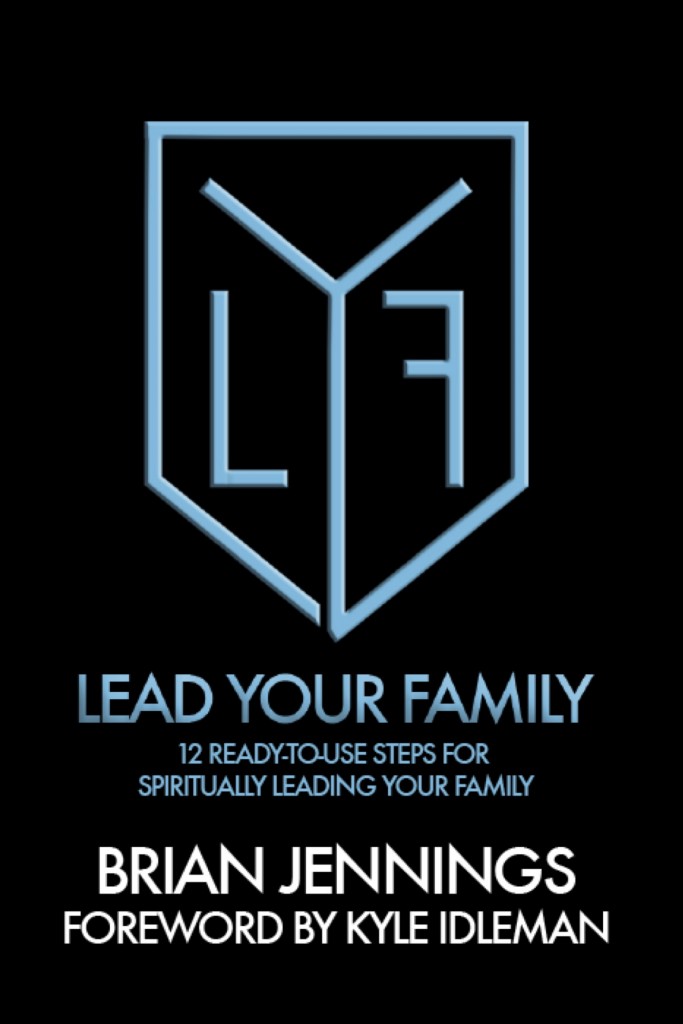The Most Important Question in Genesis 1
Written by Brian Jennings, Posted in Blog, Your World
Imagine that you were gathered in a house with family. Your laughter is interrupted by the doorbell, so you open the door. Instead of another guest, you see a large, wrapped box. A card says it’s for you and your family, but the name of the giver is nowhere to be found. You scan the street, but don’t see anyone. Your family begins to pull the wrapping paper off.
“It’s a robot!” you exclaim. The robot stands as tall as you. It’s painted and colorful. You can tell it has lots of parts and does lots of things. Your sister whispers, “This must’ve cost a ton of money.”
What would your family want to know: When, Who, How or Why?
You: “I wonder what year it was made.”
Dad: “It looks like a 2016 model to me. It looks brand new.”
Mom: “No, look at the sensors. It’s definitely a 2013 model, made in California.”
Sister: “No no no, you idiot. It was made in July of this past year.”
Brother: “That’s the stupidest thing I’ve ever heard. Did you see the remote? This robot comes from Japan.”
Cousin: “I’m with Mom. If it’s not from California, it’s not from anywhere.”
Soon your whole family is in an all-out fight. All the while, the benevolent giver watches from behind a tree. His face shifts from delight to dismay.
When it comes to the Creation Story (Genesis 1-2), we can ask several questions: When, Who, How or Why? Have you paused to ask, “What is the most important question?” The first verse of the Bible answers the most important question. It answers the “Who?” question.
“In the beginning, God created the heavens and the earth” (Genesis 1:1).
Once we understand who created our earth and us, we’re ready to find out why.
God is a scientist, and he created us with a desire to explore, learn and discover. Science is good. But we ought never become so obsessed with the how and when of Creation that we lose focus of the more important. People in all scientific schools of thought can be guilty of this.
Keep exploring. Keep reasoning. Keep discovering. But never turn into the dysfunctional family who argues about the details, forgetting to seek The Giver.







